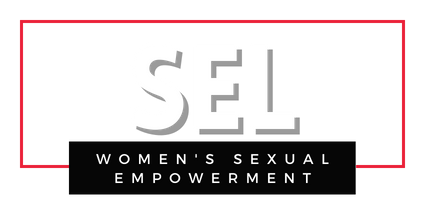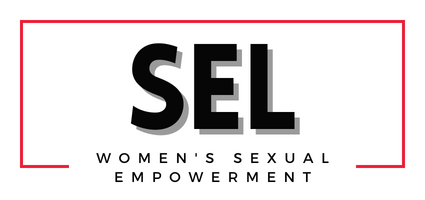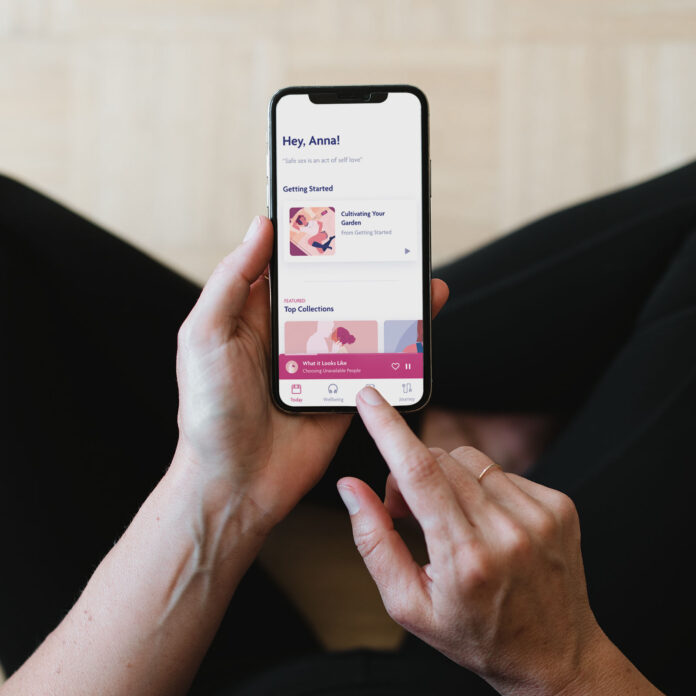Women have fewer orgasms than men but technology may be able to help with the orgasm gap
Unfortunately, even when it comes to orgasms, inequality exists between the sexes. It’s called the orgasm gap.
Research shows that cisgender men experience orgasm during partnered sex up to 20 percent more often than cis women. There’s a handful of possible explanations: anatomy, education, stigma. Or as one study suggests, it could be the heteronormative fixation on ejaculation. But whatever the cause may be, the data shows again and again that women, regardless of sexual orientation, are having fewer orgasms than men and experiencing less female pleasure.
This orgasm gap is also commonly referred to as “The Pleasure Gap.” You can think of it as similar to the gender wage gap, but instead of making roughly 20 cents more on the dollar than women, men are having 20 percent more orgasms than their female partners. But it’s important to note that The Pleasure Gap doesn’t only affect hetero couples. I also want to acknowledge that while I will use gendered terms throughout this article, it also doesn’t only affect women but all people with vaginas.
To put it simply, The Pleasure Gap is more than just a byproduct of men struggling to find the clitoris. It is the result of various social, cultural, and personal factors and because female sexuality and pleasure have been and continue to be heavily stigmatized, exploring and experiencing pleasure can be especially complicated for women.
Personally, I know I still have a long way to go on my sexual journey and as I’ve been following developments in the women’s health space over the last few years, I’ve become curious about how sexual wellness apps may be able to help me and women affected by the orgasm gap. To learn more, I connected with the founders of two sexual wellbeing apps to dig into how these platforms can help women become more sexually empowered and satisfied.
Wait, An App Can Help Improve My Sex Life?
While Hollywood may have you believing otherwise, many women or vagina owners have trouble climaxing. (Check out Annette Benedetti’s 365-Day Orgasm Challenge to learn about her experience). The reasons for this vary but sometimes it’s just a matter of figuring out what we like or getting out of our head. This is where a sexual wellness app can help.
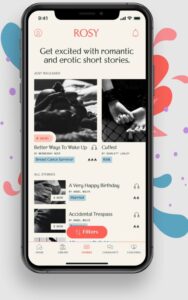
Dr. Lyndsey Harper, CEO and founder of the sexual wellness app Rosy, says she created the Rosy platform to bring sexual health expertise and resources together under one trusted brand so that women have a place to turn to when they need answers.
“When a woman comes to the Rosy platform, we start her experience with a Sexual Wellness Quiz that covers everything from her thoughts about sex, her medical history, her partner status, all the way to her goals for using the platform,” said Dr. Harper. “We then use this information to create an individual program for her that includes videos, blogs, guided meditations and self-reflection opportunities.”
Emjoy, which launched in 2020, is another app that offers more than 500 audio recordings designed specifically to educate and empower women on their sexual journey. “We’ve created a safe space for women to learn about their bodies, build positive attitudes towards their sexuality and learn about different ways to achieve sexual satisfaction,” said Founder and CEO Andrea Oliver Garcia.
People come to the platform with many different goals, Dr. Harper says. Among the most common are to spice things up, work on a sexual problem or to get accurate sex information. When it comes to the latter, Dr. Harper notes that for many, it’s the first real sex education they’ve had in their lives.

Education Meets Erotica
The very existence of the female orgasm has eluded scientists for decades. Pleasure, it seems, is too complex a concept. But maybe we shouldn’t be too surprised. It was, after all, only in 1998 that science discovered the clitoris.
However, the lack of research and understanding of the female body in science means that a surprising percentage of the general population is also lost when it comes to female sexual anatomy. In fact, one study found that nearly half of surveyed Britons could not identify the vagina. While at first, I found this shocking, I remind myself that it was only a few months ago that I learned about the labia 🤦.
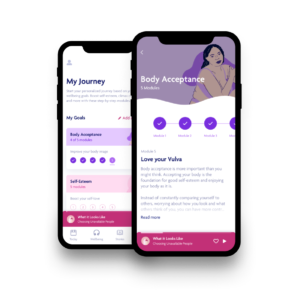
To provide users with comprehensive educational resources, Rosy’s content collection includes anatomy lessons as well as educational videos about topics ranging from sexual self-care to causes of vaginal dryness to sexually transmitted diseases. And because learning about our bodies also means exploring our pleasure, the app also features dozens of erotic stories to help individuals spice things up, whether it’s with a partner or on their own.
Emjoy also offers a range of wellbeing, educational and erotica content on its platform. This includes what Emjoy calls “sexy stories” as well as guided sessions on orgasm disorders and sex techniques that focus on female anatomy.
“To have a happy, satisfying sex life, women need to understand their physiology, feel good about themselves and their bodies, and get that extra something to spark the imagination,” Garcia says.
All Emjoy’s content is also science-based and created by the company’s in-house team of sex therapists and experts to make sure users have all the latest insights into how to maximize their pleasure.
“Everything in a woman’s life affects her sexual health and her sexual health affects everything else,”
Dr. Harper
Pleasure is Sexual Wellness
Orgasms and good sex are not only physically pleasurable but research shows they can benefit our health too. Improved mood, sleep and circulation are some of the perks to name a few. But just as there can be positive effects, negative sexual experiences can also cause stress and harm our mental health.
“Everything in a woman’s life affects her sexual health and her sexual health affects everything else,” Dr. Harper says. “We cannot make sex and sexual health separate from other aspects of health because it is fundamental to who we all are as people.”
This holistic perspective of sexual wellness seems more important than ever before, especially considering the recent overturn of Roe v. Wade. We are whole beings and it’s time that society acknowledges this. To get there, however, we must first recognize it in ourselves.
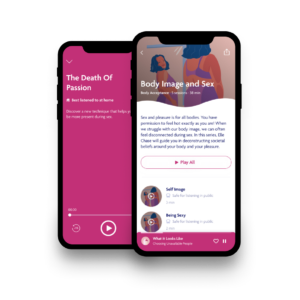
If I would have known about these apps sooner, I could have possibly saved myself from a few anxiety-driven Google searches. But one of the things I appreciate most about apps like Emjoy and Rosy is the awareness they build around common conditions and concerns. So many of us suffer in silence because topics like yeast infections and low libido are seen as taboo. It’s comforting to know you’re not alone and that there are others who share these experiences.
Another one of the greatest benefits to using a sexual wellness app like Rosy or Emjoy, Garcia says, is that it makes pleasure a priority. “With the stress and demands of modern life, this area can sometimes be neglected, if not forgotten,” she says.
I second the importance of prioritizing our sexual pleasure, but as a final note, remember that sharing private information on the internet or any app can come with risk. This technology can be a gift but it’s also important to tread with care. In these times, we can’t continue to sacrifice progress. We can and should still work towards closing The Pleasure Gap – one orgasm at a time.
*This article is not an endorsement of any products.
